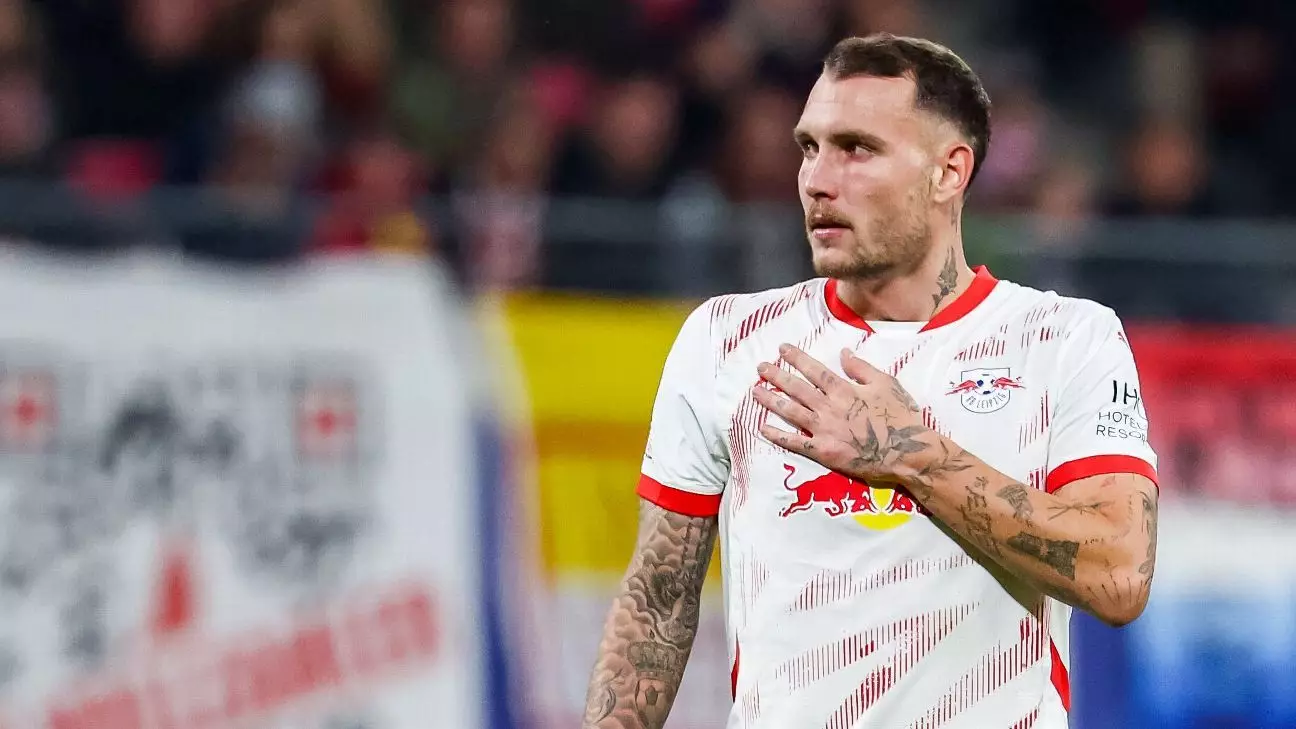As the transfer window looms on the horizon, clubs across Europe are busy strategizing on signings and departures, stirring excitement among fans and pundits alike. This article shines a spotlight on crucial developments involving Manchester United, Bayern Munich, and other notable clubs, while also analyzing potential motivations and ramifications of these moves.
In the complex world of football transfers, speculation often breeds both hope and anxiety. Manchester United’s immediate focus centers on left-back David Raum from RB Leipzig, whose talent could fill significant gaps in their currently faltering defensive lineup. However, United’s pursuit could face challenges if former manager Erik ten Hag, rumoured to be a candidate for the Leipzig managerial position, intervenes.
Ten Hag’s previous connection with United not only makes his potential return a captivating narrative but may also complicate the transfer landscape for Raum. Known for prioritizing tactical integrity and nurturing talent, should Ten Hag assume responsibility at Leipzig, he would likely consider Raum an asset worth retaining, given the player’s proven abilities in the Bundesliga. This oversight from United reflects larger issues surrounding decision-making at the club, indicating a need for a more strategic transfer approach that takes into account external influences.
Transitioning to Bayern Munich, the future of winger Leroy Sane hangs in uncertain balance. The player, acquired for a hefty €60 million from Manchester City, has struggled for consistent game time. With his contract set to expire next summer, Bayern chief Herbert Hainer’s reluctance to discuss Sane’s future can be interpreted in multiple ways.
This indecision could signify Bayern’s intent to revamp their squad, leaning heavily on the star players they view as integral moving forward. Unlike Sane, who has faced barriers in securing a regular position, players like Jamal Musiala and Joshua Kimmich seem firmly entrenched in the management’s plans. This disparity may prompt Sane to explore alternative options come January when he can negotiate with clubs outside Germany. The juxtaposition of star treatment for some and uncertainty for others poses questions about player morale and future recruitment strategies at Bayern.
Meanwhile, Crystal Palace’s interest in Lyon’s Rayan Cherki highlights the increasingly competitive landscape for acquiring young talents. With the formidable presence of PSG and Borussia Dortmund also vying for the 21-year-old, Palace faces an uphill battle. The valuation set by Lyon at £30 million suggests they are aware of Cherki’s potential and burgeoning significance in European football.
Cherki’s aspirations for Champions League football could deter him from a move to a club outside the elite tier. A successful transition to a leading club would not only enhance his skillset but also fixate him as a long-term investment, ultimately reshaping his career trajectory. For Palace, lacking the pedigree of a Champions League club, securing such talent could prove challenging but vital for their own ambitions.
In Italy, Sassuolo’s price tag of €15 million for winger Domenico Berardi signals both an opportunity and a challenge for clubs eyeing his signature. As the 30-year-old has been linked with interest from clubs like AC Milan and Fiorentina, their plans could complicate the situation further. Berardi, currently eyeing Champions League opportunities, embodies the quintessential experienced player whose tactical awareness and creativity are highly sought after.
The Italian market often showcases young, emerging talents; however, seasoned players like Berardi possess a unique appeal. His potential move could reshape the attacking dynamics of the club that secures his transfer, showcasing the multifaceted considerations clubs must assess while navigating the transfer intricacies.
As the January transfer window approaches, the intrigue surrounding each potential deal grows exponentially. Clubs must balance aspiration with realism, each aiming to solidify their squad while remaining globally competitive. The cases of Raum, Sane, Cherki, and Berardi not only highlight individual narratives but also emphasize the interconnected nature of football transfers, where timing, managerial preferences, and market value all play pivotal roles in shaping a club’s future. The coming weeks promise to unveil twists and turns that may alter the fortunes of these clubs as they strive for triumph in their respective leagues.

